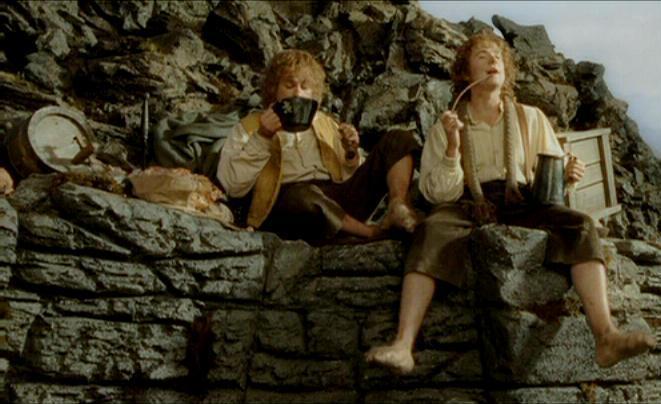At one point in The Lord of the Rings Gandalf, the great wizard-hero of the story, is asked by another character what hope there is that Frodo and Sam would fulfill their quest and destroy Sauron's ring of power. "There never was much hope," he replies. "Only a fool's hope." But this, as it turns out, is precisely the point.
It's a striking thing that Tolkien's Silmarillion is singularly focused on the deeds of great men and elves in the first age of the world. Then the high elves and the earliest men, still in many ways kin to the elves in those days, waged war against Morgoth, the first dark lord of Tolkien's legendarium. Set that story next to The Lord of the Rings and you begin to notice a pattern.
Login to read more
Sign in or create a free account to access Subscriber-only content.
